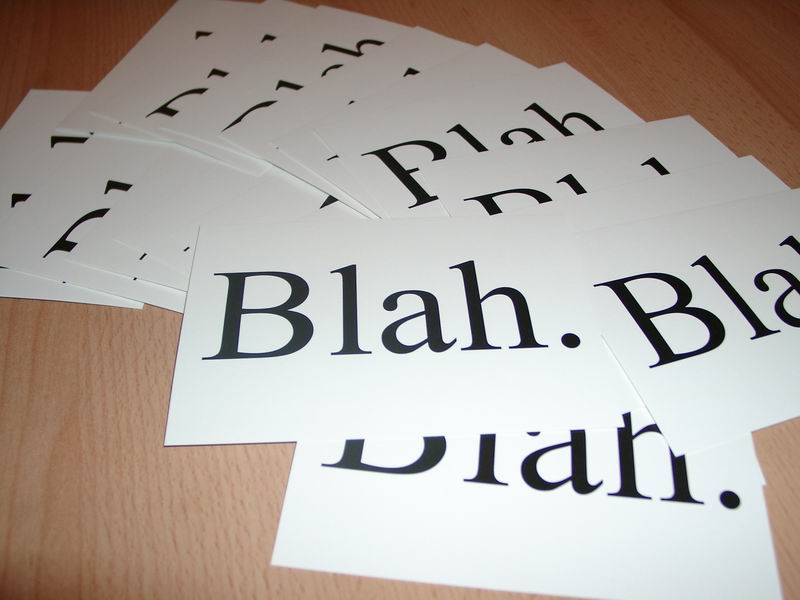
Oliver has a baby doll. For the longest time, she was just an occasional toy. He played with her sometimes, but mostly he ignored her. She sat unused for months, collecting dust, just another stuffed thing in the bin of stuffed things. Suddenly, he has fallen madly in love with this doll. He carries her everywhere. He went to bed with her clutched in his arms the last three nights. It's his baby.
Her name is Bea. His name was going to be Beatrice if he was a girl, so Mrs. B took the liberty of naming his baby doll for him. There's something strange about him carrying around something with his alternate-universe female name. It's as if he's holding his other half.
He tells us that she's his baby. That's exactly how he says it - "she's my ba-by," he says somberly. "I wuv her."
I must get this on video, because when he says "she's my baby," his voice croaks with emotion. He says it with a combination of unconditional love and existential dread, like he knows that the love he has for Bea is ultimately going to break his heart and destroy him. (I don't really believe that myself, about Bea or about him, but when he says it, you just hear the heartache in his voice.)

She went to the beach with us last week. She went shopping on Sunday and patiently sat in a chair while he tried on shoes. He eats with her. He asks us to get her sippy cups full of milk and water. When we read stories, he insists that we read to both of them. Sometimes, he comes looking for food in the kitchen and he says "we're hungry."
But mostly, it's the endless clutching and looking at her. And he really doesn't look joyfully at her, like he's thrilled to have a baby. He looks honest-to-God mournful. Haunted. Or maybe that's just his way of looking protective and watchful. But he just looks so burdened. It's hard work being a parent, but he's only three yet - he shouldn't know this.












